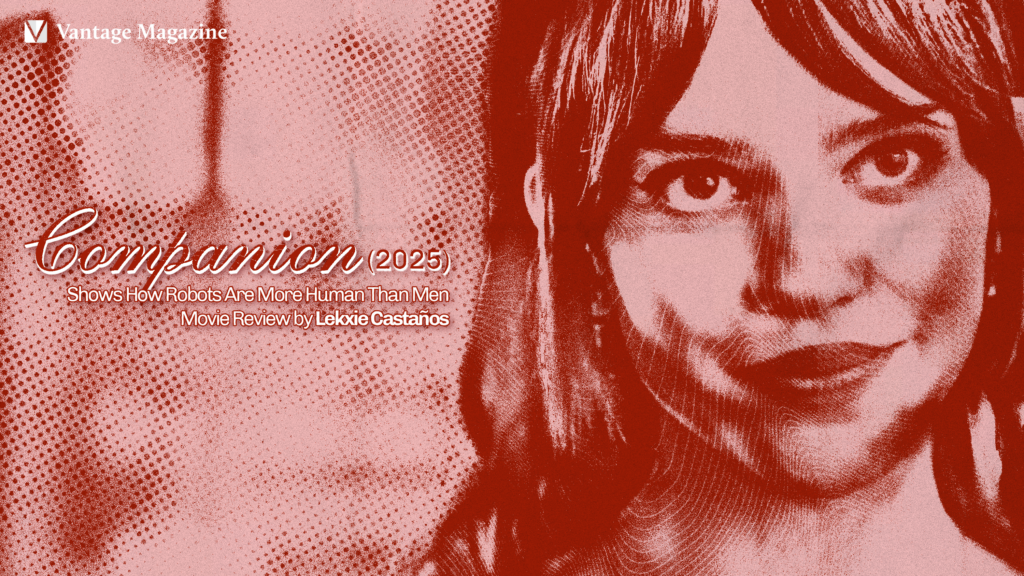Richard Somes’ Historiographika Errata is ambitious—it aspires to interpret history in its rawest form, correcting its fatal errata in search of a higher truth. Taking revered moments in Philippine history and turning their stories on their heads, Historiographika Errata takes away the grandeur and heroism to reveal a more human character to these tales.
The movie navigates three tumultuous periods in Philippine history: The start of the Philippine Revolution, the American pacification campaign in Mindanao, and the Japanese onslaught in World War II. In these vignettes, things are not what one might read in the history books. In the last episode in particular, the Japanese are made out to be downright sympathetic compared to the Filipino antagonists who force their way with Librada (Nathalie Hart).
Joem Bascon channels the persona of Jose Rizal effectively, delivering a powerful performance in the first act in tandem with Max Eigenmann as Rizal’s phantom lover Leonor. The same cannot be said for the latter parts, however, as the audience is left without feeling a connection with the protagonists. Hart in particular, despite nailing some crucial scenes, leaves much to be desired.
Throughout the movie, the audience is treated to lush scenes of the Philippine countryside at the cusp of modernity. It serves to remind the audience of a much simpler time—the era of the virgin nation. As if to remind the audience that these events are in the past, the movie is coated with ochre tones for good measure.
Historiographika Errata makes it painfully clear that there are no heroes and villains in this story, only people doing what they can to survive. Despite this, the film makes jarring swings between drama and comedy, blurring its message. Overall, the film is a bold project, bringing in new eyes to the messy and chaotic national psyche.
Rating: 3/5
Featured photo retrieved from ytimg.com






